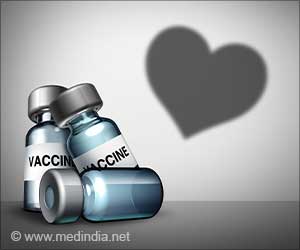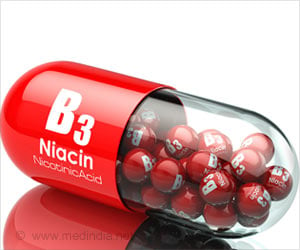Two new studies show that COVID-19 infection among 12- to 18-year-olds can be controlled by reinforcing the importance of vaccination.
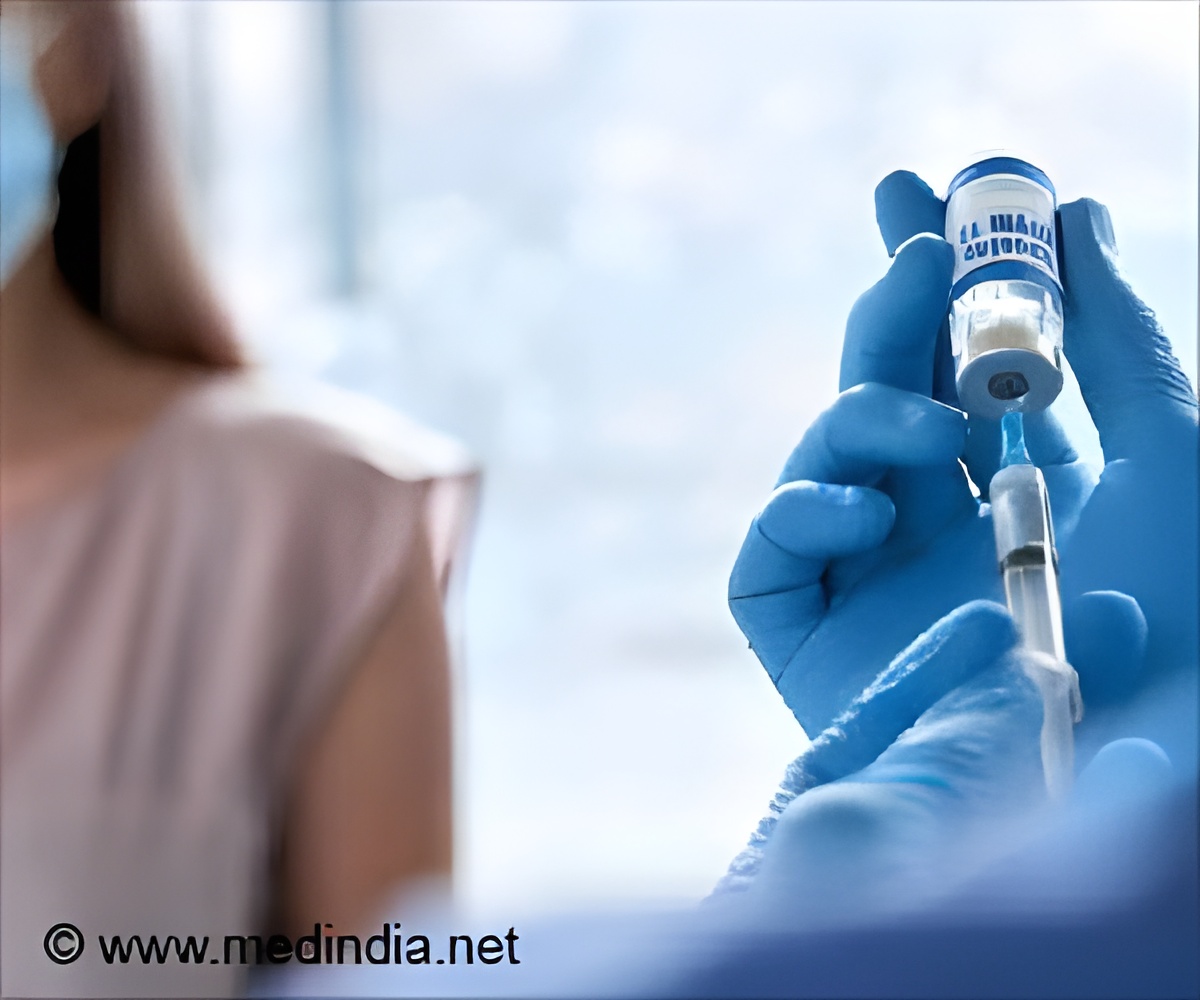
TOP INSIGHT
The Pfizer-BioNTech vaccine prevents COVID-19 infection and severe illness in adolescents.
All patients were hospitalized in 16 U.S. states from June 1, 2021, to September 30, 2021, a period when pediatric hospitalizations were surging, especially in the southern U.S. where 61 percent of the cases were enrolled.
Of the 179 patients hospitalized for COVID-19, only 3 percent were vaccinated, versus 33 percent of controls. Of the adolescents hospitalized for COVID-19, 43 percent were admitted to an intensive care unit, 16 percent required life support, and two died.
All patients requiring ICU care or life support, including the two who died, were unvaccinated. Of the 3 percent of vaccinated adolescents hospitalized for COVID-19, none developed a critical illness.
Another large study of 12- to 18-year-olds in Israel, led by the Clalit Research Institute focused on COVID-19 infection in general. Using health record databases, the investigators compared 94,354 Pfizer-vaccinated adolescents with 94,354 matched unvaccinated controls.
Both teams of researchers hope the new data will help ease vaccine hesitancy among adolescents.
Source-Medindia
 MEDINDIA
MEDINDIA
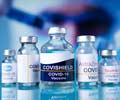
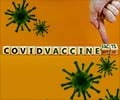


 Email
Email






